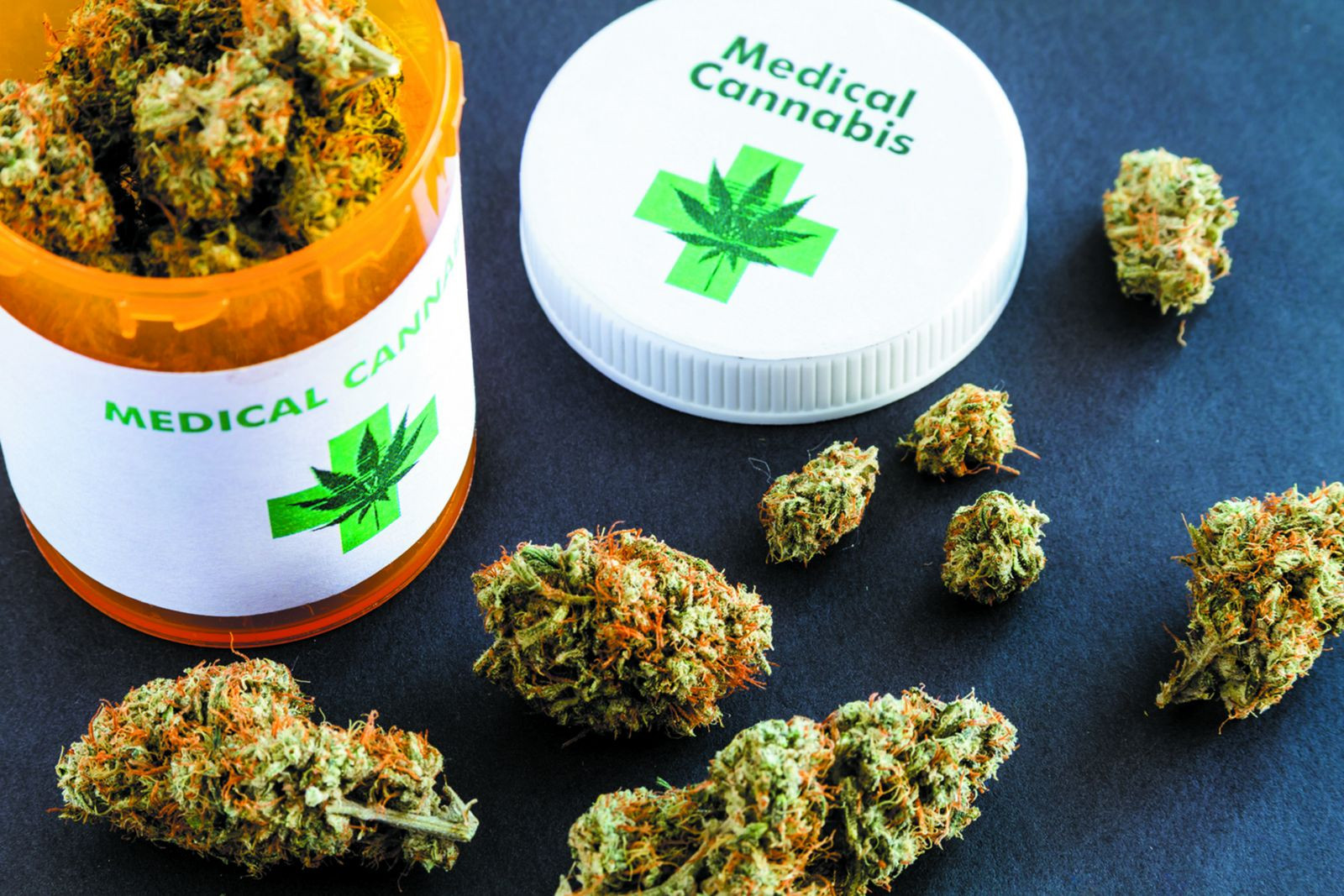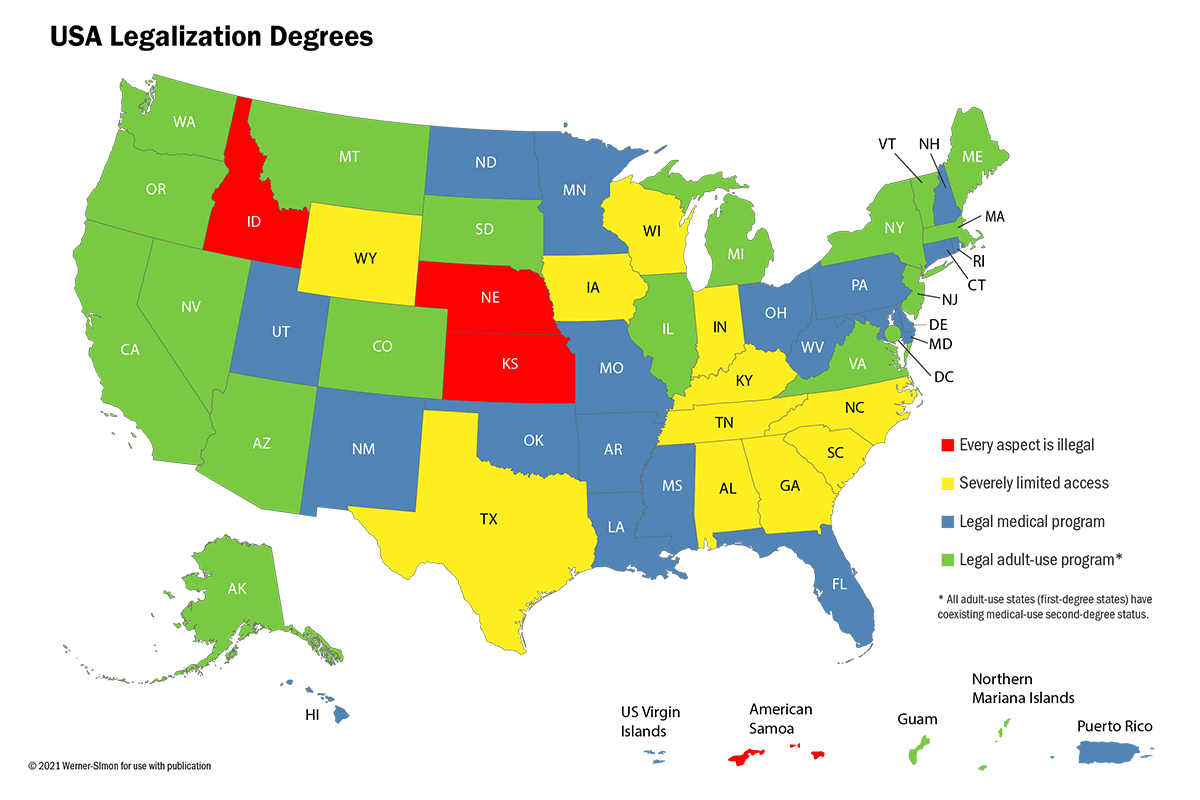This means health experts and marijuana users alike are wondering. The effects of inhaled marijuana fade faster than marijuana taken by mouth.
 The Effects Of Marijuana On Your Memory Harvard Health
The Effects Of Marijuana On Your Memory Harvard Health
Another huge discovery concerning medical marijuana for brain tumors was that cannabinoids can also kill cancerous cells.

Does marijuana cause brain cancer. How safe is marijuana really. Does Marijuana Cause Cancer. Using new chemistry techniques study researchers showed that the chemical when present in marijuana smoke caused DNA damage in a laboratory setting.
When marijuana is smoked or vaporized THC enters the bloodstream and goes to the brain quickly. The second psychoactive compound is produced in small amounts and so has less effect. But the biggest outstanding question seems to be whether marijuana use especially smoking it causes cancer.
THC as Therapy THC as Therapy In 1998 Cristina Sanchez of Complutense University in Madrid reported in a European biochemistry journal that THCthe famed psychoactive component in marijuanainduces apoptosis cell death in C6 glioma cells which are a type of brain cancer. Marijuana smoke and tobacco smoke share carcinogens including toxic gases reactive oxygen species and polycyclic aromatic hydrocarbons such as benzo alphapyrene and. What Side Effects and Symptoms of Brain Cancer Can Medical Marijuana Treat.
This is an excerpt from The Union. Some studies have found that smoked marijuana can ease cancer -related pain. At the University of Arizona College of Medicine recent test studies show that smoking marijuana concentrates also called dabs users are increasing their risk of developing cancerous cells in their brain by almost 7 times when compared to just regular weed smoking.
Repeatedly we are seeing that the various medicinal compounds in cannabis could be used to halt tumor growth kill tumor cells and do so without the negative side effects so often associated with conventional cancer treatments. Now a new study in mice has found that when combined with radiation treatment cannabis can effectively shrink one of the most aggressive types of brain tumors. When you smoke marijuana youre inhaling smoke that contains toxins and other carcinogens.
Some of the most remarkable research is on the topic of cannabis and the treatment of cancer especially brain cancer. Cannabis might be a risk factor in brain cancer in consumers of 10 or more grams per day over a decade or decades of use. The Business Behind Getting High Watch the Movie on Google Video Free.
Scientists refer to this self-destruction as programmed cell death. The herbs compounds prevent existing tumors from growing by cutting off their supply of blood starving them and eventually causing the self-destruction of the cancer cells. How can marijuana affect symptoms of cancer.
It binds to cannabinoid receptors in the brain and other parts of the body. University of California San Diego School of Medicine researchers have identified the molecular mechanism activated by the presence of tetrahydrocannabinol THC the ingredient that causes people to feel the euphoria or high associated with cannabis in the bloodstream that accelerates cancer growth in patients with human papillomavirus HPV-positive head and neck. This is an excerpt from The Union.
Does Marijuana Cause Dead Brain cells or Lung Cancer. Unbiased research and clinical trials is required on whole plant extracts of Cannabis in the treatment of cancer. Cancer is a qualifying condition for the use of medical marijuana in a growing number of states.
Cannabinoids in medical cannabis for brain cancer play a palliative intervention role against symptoms like. The discovery suggests that marijuana smoke. Carcinogens are substances that are known to.
Over the past few years research has revealed that marijuana can both destroy certain cancer cells and reduce the growth of others. States that have legalized marijuana have seen an uptick in car crashes. There is some preliminary evidence that marijuana use is associated with increased risk for mental health disorders like psychosis and depression.
